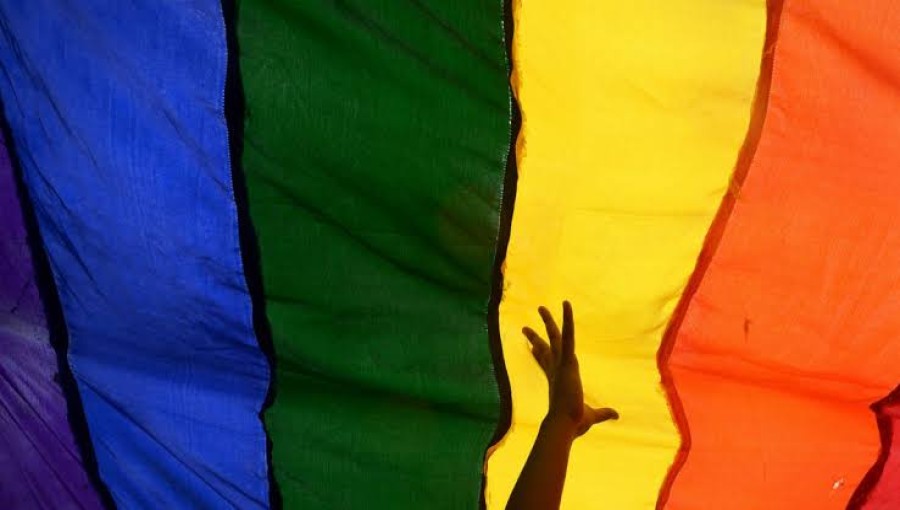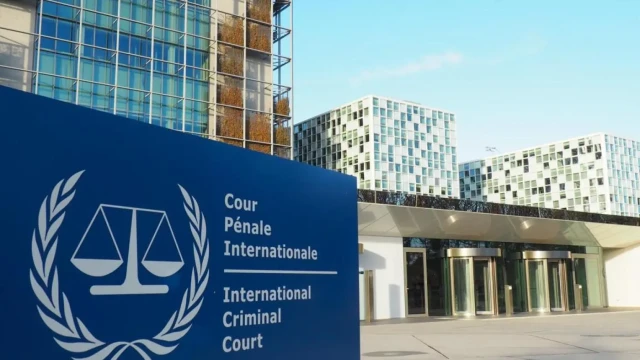Iraq's parliament has ignited controversy by passing a bill criminalizing homosexuality, drawing strong condemnation from human rights organizations. The legislation, passed on Saturday, April 28, was reported by Qatar-based news outlet Al Jazeera.
The government cited the need to protect religious values as justification for the law, which has triggered a wave of criticism. Human rights groups have denounced the decision as a grave violation of basic human rights, labeling it "the worst disaster of humanity."
Under the new law, same-sex relationships are punishable by imprisonment for a minimum of 10 years and a maximum of 15 years. Additionally, individuals promoting homosexuality or prostitution face sentences of at least 7 years. Those who do not conform to their biological gender or dress contrary to their gender identity may be sentenced to 1 to 3 years in prison.
The legislation, known as the Anti-Prostitution and Homosexuality Act, seeks to combat what is perceived as moral degradation within Iraqi society. It amends the 1988 anti-prostitution law in Iraq. Out of 329 members of parliament, 170 voted in favor of the bill.
While more than 60 countries worldwide have banned same-sex relationships, they are recognized in over 130 countries. The passing of this bill underscores the ongoing struggle for LGBTQ+ rights in many parts of the world, with advocates calling for greater protection of fundamental human rights for all individuals.






























Comment: